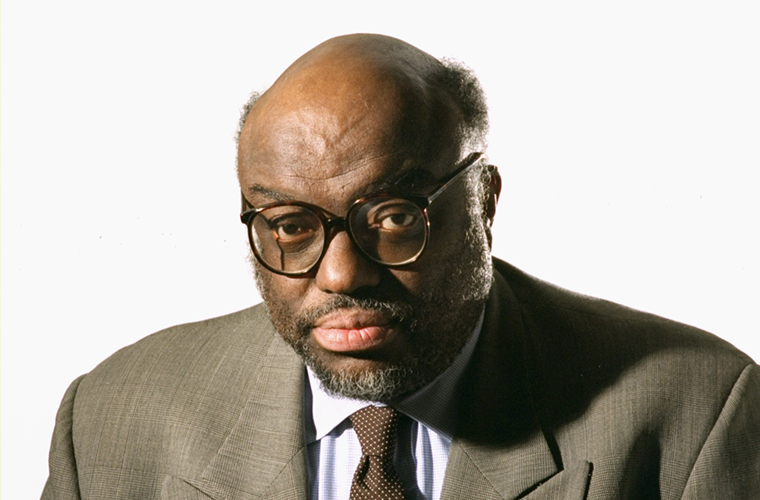Stanley Crouch (1945-2020) was an influential American writer, essayist, and cultural critic. Known for his incisive commentary, intellectual depth, and fearless exploration of race, music, literature, and politics, Crouch left an indelible mark on the literary and cultural landscape of the United States. In this article, we will delve into the life, works, and impact of this remarkable figure, highlighting his contributions to literature, social commentary, and the ongoing discourse on race in America.
Born on December 14, 1945, in Los Angeles, California, Stanley Crouch developed an early passion for literature, jazz, and the African American experience. Raised in a working-class household, Crouch’s exposure to the vibrant jazz scene in Los Angeles, coupled with his voracious appetite for reading, shaped his intellectual trajectory. Inspired by the works of Ralph Ellison, Richard Wright, and Albert Murray, Crouch embarked on a journey of self-discovery, seeking to understand and redefine the African American experience in his own unique voice.
Crouch’s literary career spanned several decades, during which he produced a vast body of work that transcended traditional boundaries. As a columnist for The Village Voice and later The New York Daily News, Crouch fearlessly tackled issues of race, politics, and culture, often challenging mainstream narratives and forcing readers to confront uncomfortable truths. His column, known for its robust prose and unflinching critique, earned him both admirers and critics alike.
In addition to his journalistic pursuits, Crouch was an accomplished essayist and author. His seminal work, “Notes of a Hanging Judge: Essays and Reviews, 1979-1989,” cemented his reputation as a formidable critic, delving into a range of topics, from literature and music to politics and racial inequality. Crouch’s prose was marked by its eloquence, wit, and profound insights, capturing the essence of the African American experience while resonating with readers from all walks of life.
Crouch’s love for jazz was an integral part of his identity and creative output. Recognizing the genre’s historical significance and cultural impact, he authored “Kansas City Lightning: The Rise and Times of Charlie Parker,” a critically acclaimed biography that explored the life and genius of the legendary jazz saxophonist. Crouch’s unparalleled knowledge of jazz history and his ability to contextualize the music within broader social and cultural contexts made him a respected authority on the subject.
Throughout his career, Crouch’s unapologetic and often controversial views garnered both praise and criticism. His staunch opposition to identity politics, affirmative action, and what he saw as the commodification of African American culture sometimes placed him at odds with other prominent figures in the civil rights movement. However, even those who disagreed with Crouch respected his intellect, integrity, and his unwavering commitment to intellectual honesty.
Stanley Crouch’s untimely death on September 16, 2020, marked the end of an era in American literary and cultural criticism. His legacy lives on through his writings and the impact he had on shaping public discourse in the United States. Crouch’s fearless exploration of race, music, and politics, coupled with his commitment to intellectual rigor, make him an enduring figure in American letters.
Stanley Crouch was a literary maverick, cultural critic, and fearless voice in American society. Through his writings, he challenged conventional wisdom, offering thought-provoking insights into race, music, literature, and politics. Crouch’s contributions to the literary world and his unrelenting pursuit of truth continue to inspire and shape the ongoing discourse on race and cultural identity in America. Though his voice may be silenced, his ideas and legacy will endure, encouraging future generations to engage critically with the complex issues that define our society.

